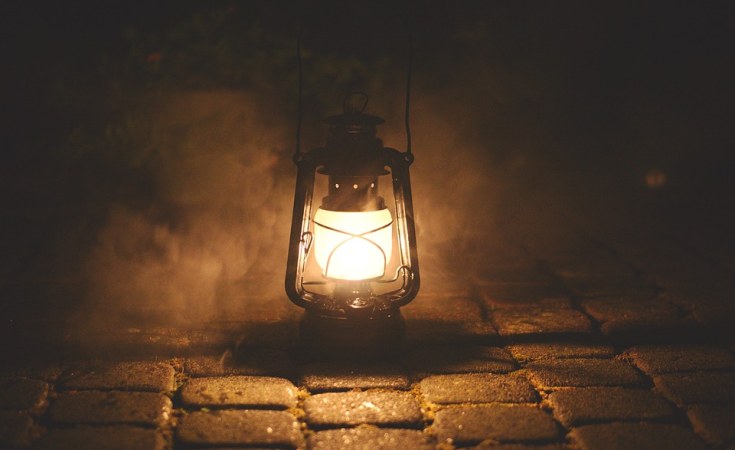Nigeria's national grid, over the past year, has recorded stability, an improvement from previous experience that has plunged the entire nation into darkness due to perennial infrastructural issues.
Although with a pinch of improvement, the power sector since its privatisation in 2013 has continued to elude solutions to stabilise the power supply in the country.
The last grid collapse witnessed in the country was in July 2022 and there were six more before then within the same calendar year.
According to the Nigerian Electricity Regulatory Commission (NERC), the six recorded in 2022 rode on the back of the incessant collapses in previous years with 10 recorded in 2015 while in 2016 it was 28.
In 2017, 21 cases were recorded followed by 13, 11, four, and four in 2018, 2019, 2020, and 2021, respectively.
Why we're yet to experience grid collapse 2022
Celebrating the feat of zero collapse since July of last year, the Transmission Company of Nigeria (TCN) said strategic measures that involved heavy investments in the power system led to several infrastructural upgrades that have transformed the grid from a radial network to a loop system.
In a statement, last week, TCN's General Manager, Public Affairs, Ndidi Mbah, said since the last national grid collapse, it has carried out massive investment in the construction, and dualisation of critical circuits, including commissioning new transmission stations and power transformers to reinforce grid resilience and operational flexibility.
Mbah said the company equally focused on putting in place an enhanced maintenance regime with regular inspections, prompt repairs, and proactive preventive maintenance strategies to ensure the integrity of power plants, transmission lines, and substations.
"This approach sustains infrastructure health, operational reliability, and efficient power flow. Regular maintenance has equally ensured less equipment downtime due partly to regular mechanised line trace which has prevented vegetation from fouling transmission lines.
"This has helped reduce downtime, especially in forest areas where TCN transmission lines transverse," Mbah said.
She said the power grid achievement of over 400 days of uninterrupted stability showcased the nation's commitment to advancing its power infrastructure.
Celebration ironic with current transmission capacity
But the President, Nigeria Consumer Protection Network, Kunle Olubiyo, said it is ironic for the TCN to celebrate 400 days of zero grid collapse if the country is yet to move 5,000 Megawatt (MW) of electricity transmission.
Olubiyo, who served in the National Technical Investigative Panel on Power System Collapses/System Stability and Reliability (June 2013), stated that the major concern of the TCN should be how many megawatts are we giving to homes and industries and what is the growth.
"Are we doing 7500 because, in 2015, we celebrated 5,800, so if you look at the portal for generation, our generation has peaked very low due to the variable issues?" he asked.
He explained that there are three types of system disruption, which could be in the form of disturb disturbances, partial system collapse, or total system collapse, stating that it depends on the number of hours of blackout before it could be noticed.
He said this is due to TCN yet to automate its system for early detection of disturbances.
However, the founder of Spark Nigeria, Chinedu Amah, said Nigeria has been plagued with some of the worst conditions in its power supply, thus, little progress should be acknowledged.
"I am not saying we should bring out fireworks but let us acknowledge the progress. Unconsciously, we collectively forget that grid collapse was a frequent thing and something we discuss every day. Suddenly, that has not been in the news for a couple of months and unconsciously, we lost it in our minds," he said.
He stated that as the government announced it, it is something worth celebrating, considering the challenges the sector is facing.
"We know we are not at the promised land or the best we can be, however, it shows a sense of hard work by a group of Nigerians," he said.
The CEO at Sage Consulting & Communications, Bode Fadipe, pointed out that grid collapses before now had been back-to-back, but that if the TCN said in more than one year, it has not occurred, "let us give it to them and it is worth celebrating."
"I know of some projects that they have commissioned. So, I think little successes like that can be celebrated while we hope that they will be able to do greater ones in the future."
He said the commission from 2020 till date has commissioned 26 projects and should be encouraged, adding that even if the megawatt needed to oil the country's power sector is not available.


